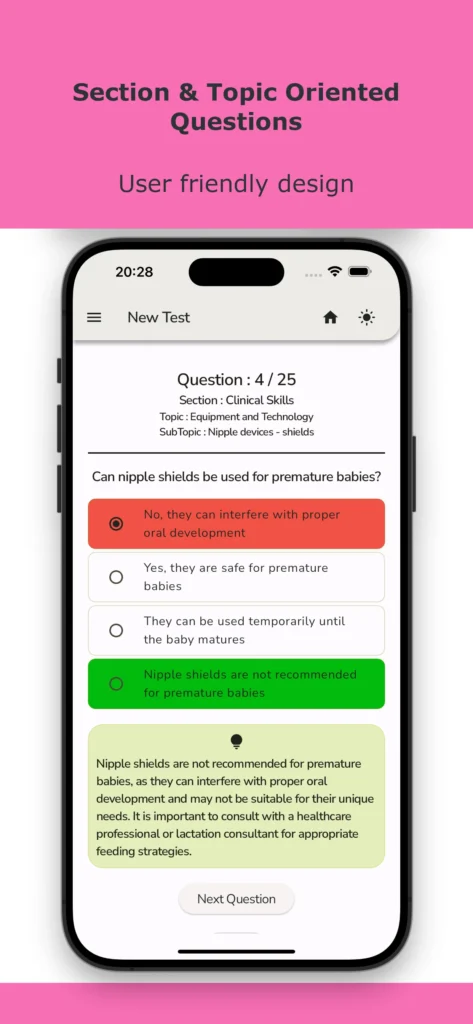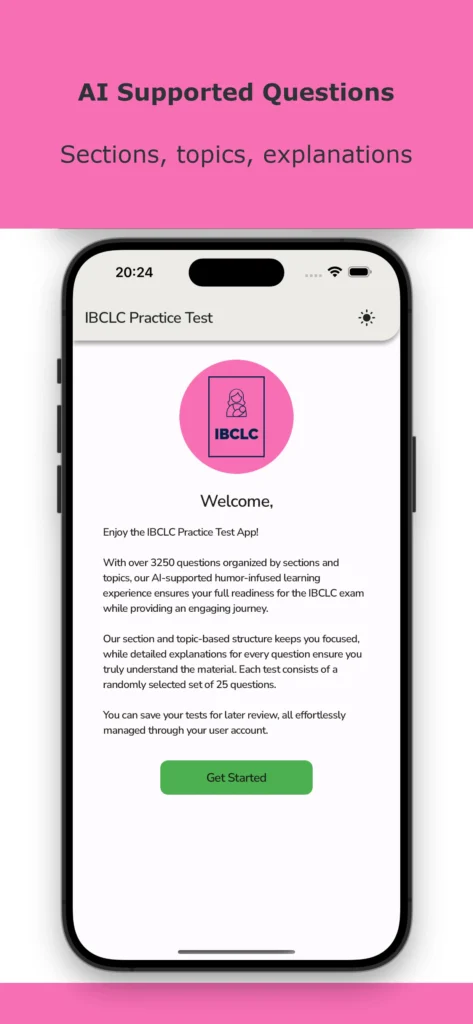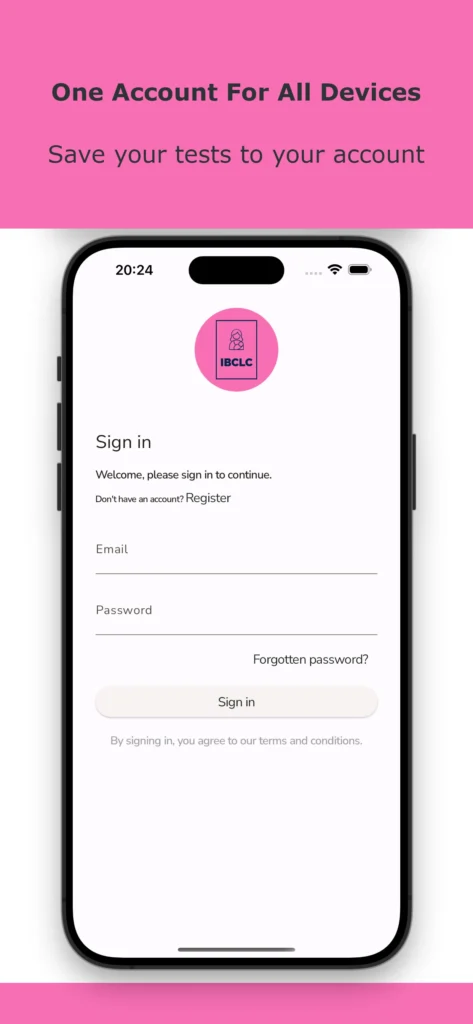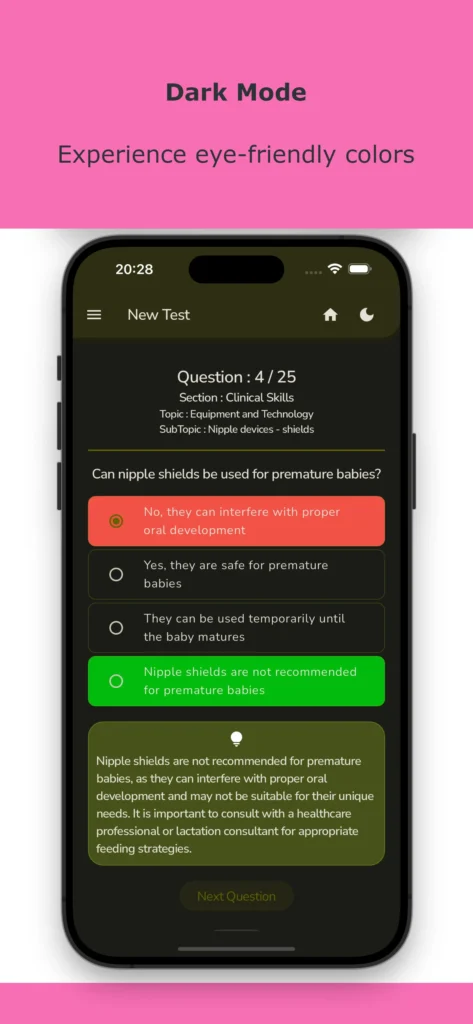Introduction to IBCLC Scope of Practice
As an International Board Certified Lactation Consultant (IBCLC), it is essential to understand the scope of practice within which you operate. The IBCLC scope of practice defines the boundaries and responsibilities of an IBCLC in providing lactation care and support to breastfeeding families. In this section, we will explore the key aspects of the IBCLC scope of practice, including the code of ethics and code of professional conduct.
The IBCLC scope of practice encompasses a wide range of activities and responsibilities. IBCLCs are trained professionals who possess the knowledge and skills to provide evidence-based lactation care and support. They work with breastfeeding families to address breastfeeding challenges, provide education and counseling, and promote optimal breastfeeding practices.
The IBCLC scope of practice is guided by the IBCLC code of ethics. This code outlines the ethical principles and standards that IBCLCs must adhere to in their professional practice. It emphasizes the importance of respecting the autonomy and confidentiality of breastfeeding families, maintaining professional competence, and advocating for breastfeeding as the optimal feeding method.
In addition to the code of ethics, IBCLCs are also bound by the IBCLC code of professional conduct. This code sets forth the professional standards and behaviors expected of IBCLCs. It covers areas such as professional integrity, cultural competence, continuing education, and collaboration with other healthcare providers.
The IBCLC scope of practice and the codes of ethics and professional conduct are designed to ensure that IBCLCs provide safe, effective, and ethical lactation care and support. By adhering to these guidelines, IBCLCs can maintain the trust and confidence of the breastfeeding families they serve.
It is important for IBCLCs to stay updated on any changes or updates to the scope of practice, code of ethics, and code of professional conduct. This can be done through professional development opportunities, attending conferences, and staying connected with professional organizations and networks.
In the next section, we will delve deeper into the specific activities and responsibilities included in the IBCLC scope of practice, providing a comprehensive understanding of the role of an IBCLC in supporting breastfeeding families.
Key Responsibilities of IBCLCs
What are the Key Responsibilities of IBCLCs?
IBCLCs, or International Board Certified Lactation Consultants, play a crucial role in supporting and promoting breastfeeding. They are highly trained professionals who provide expert lactation care and support to breastfeeding families. Let’s explore the key responsibilities of IBCLCs:
- Assessment and Evaluation: IBCLCs are responsible for conducting comprehensive assessments of breastfeeding families. They evaluate the mother’s breastfeeding experience, the baby’s latch and suckling, and any challenges or concerns that may be affecting breastfeeding.
- Education and Counseling: IBCLCs provide evidence-based information and education to breastfeeding families. They offer guidance on breastfeeding techniques, positioning, and addressing common breastfeeding challenges. They also provide counseling and emotional support to help families overcome any difficulties they may encounter.
- Developing Care Plans: Based on their assessment, IBCLCs develop individualized care plans for breastfeeding families. These plans outline specific strategies and interventions to address breastfeeding issues and promote successful breastfeeding.
- Collaboration and Referral: IBCLCs work collaboratively with other healthcare professionals to ensure comprehensive care for breastfeeding families. They may refer families to other specialists or healthcare providers when necessary, such as pediatricians, lactation counselors, or speech therapists.
- Advocacy and Support: IBCLCs advocate for breastfeeding-friendly policies and practices in healthcare settings and the community. They support breastfeeding families by empowering them to make informed decisions and providing resources and referrals to support their breastfeeding journey.
It is important to note that IBCLCs adhere to a strict code of ethics and a code of professional conduct. These guidelines ensure that IBCLCs maintain professionalism, confidentiality, and respect for the families they serve. They also emphasize the importance of ongoing professional development and staying up-to-date with the latest research and best practices in lactation care.
IBCLCs undergo rigorous training and must pass a comprehensive exam to obtain their certification. The cost of the IBCLC exam varies depending on the country and organization offering the certification. However, the investment in becoming an IBCLC is well worth it, as these professionals make a significant impact on the health and well-being of breastfeeding families.
Code of Ethics for IBCLCs
What is the Code of Ethics for IBCLCs?
The Code of Ethics for International Board Certified Lactation Consultants (IBCLCs) is a set of guidelines that govern the professional conduct and responsibilities of IBCLCs. It outlines the ethical principles and standards that IBCLCs must adhere to in their practice.
As lactation consultants, IBCLCs play a crucial role in supporting breastfeeding families and promoting optimal infant feeding practices. The Code of Ethics ensures that IBCLCs maintain the highest standards of professionalism, integrity, and ethical behavior.
Key Principles of the Code of Ethics
The Code of Ethics for IBCLCs is based on several key principles:
- Respect: IBCLCs must respect the rights, autonomy, and cultural beliefs of the families they serve. They should provide care that is sensitive, non-judgmental, and inclusive.
- Confidentiality: IBCLCs must maintain the confidentiality of client information, ensuring that it is not disclosed without the client’s consent, except as required by law.
- Competence: IBCLCs must possess the knowledge, skills, and abilities necessary to provide safe and effective lactation care. They should engage in ongoing professional development to stay updated with the latest evidence-based practices.
- Integrity: IBCLCs must act honestly, ethically, and transparently in all professional interactions. They should avoid conflicts of interest and disclose any potential biases or financial relationships that may influence their practice.
- Professional Boundaries: IBCLCs must establish and maintain appropriate professional boundaries with their clients. They should avoid dual relationships that may compromise the quality of care or create conflicts of interest.
Application of the Code of Ethics
The Code of Ethics for IBCLCs applies to all aspects of an IBCLC’s professional practice, including clinical care, research, education, and advocacy. It guides their interactions with clients, colleagues, and the broader community.
IBCLCs are expected to familiarize themselves with the Code of Ethics and integrate its principles into their daily practice. Violations of the Code of Ethics may result in disciplinary action by the International Board of Lactation Consultant Examiners (IBLCE), the certifying body for IBCLCs.
Conclusion
The Code of Ethics for IBCLCs is a vital framework that ensures IBCLCs provide high-quality, ethical care to breastfeeding families. By upholding the principles outlined in the Code of Ethics, IBCLCs contribute to the well-being of infants, mothers, and families around the world.
Code of Professional Conduct for IBCLCs
Introduction to the Code of Professional Conduct
The International Board Certified Lactation Consultant (IBCLC) is a healthcare professional who specializes in lactation and breastfeeding support. IBCLCs play a crucial role in helping mothers and infants establish and maintain successful breastfeeding relationships. To ensure the highest standards of care, IBCLCs adhere to a Code of Professional Conduct.
Key Principles of the Code
The Code of Professional Conduct for IBCLCs outlines the ethical guidelines and responsibilities that IBCLCs must follow in their practice. It emphasizes the importance of professionalism, confidentiality, and respect for clients’ autonomy and cultural beliefs.
Professionalism
IBCLCs are committed to maintaining professionalism in all aspects of their practice. This includes providing evidence-based care, staying up-to-date with the latest research and best practices, and engaging in continuous professional development.
Confidentiality
IBCLCs understand the importance of confidentiality and respect the privacy of their clients. They ensure that all client information is kept confidential and only shared with the client’s consent or as required by law.
Respect for Autonomy and Cultural Beliefs
IBCLCs recognize and respect the autonomy of their clients. They provide information and support that is tailored to the individual needs and preferences of each client. They also respect and value the cultural beliefs and practices of their clients, ensuring that care is provided in a culturally sensitive manner.
Scope of Practice
The Code of Professional Conduct also outlines the scope of practice for IBCLCs. This includes the specific activities and interventions that IBCLCs are trained and authorized to perform. IBCLCs are responsible for providing evidence-based care within their scope of practice and referring clients to appropriate healthcare professionals when necessary.
Compliance and Accountability
IBCLCs are accountable for their professional conduct and must comply with the Code of Professional Conduct. They are expected to engage in self-reflection and self-assessment to ensure that they are meeting the highest standards of care. In cases where there are concerns about a practitioner’s conduct, there are mechanisms in place for reporting and addressing ethical violations.
Conclusion
The Code of Professional Conduct for IBCLCs is a guiding document that ensures IBCLCs provide safe, ethical, and evidence-based care to their clients. By adhering to this code, IBCLCs demonstrate their commitment to professionalism, confidentiality, and respect for their clients’ autonomy and cultural beliefs.
Cost of IBCLC Exam
Becoming an International Board Certified Lactation Consultant (IBCLC) is a significant step towards a rewarding career in lactation support. However, it is essential to understand the cost associated with the IBCLC exam and certification process.
The cost of the IBCLC exam includes several components. First, there is an application fee that aspiring IBCLCs must pay to apply for the exam. This fee covers the administrative costs of processing the application and reviewing the candidate’s eligibility. It is important to note that this fee is non-refundable, regardless of whether the candidate is approved to sit for the exam.
Once the application is approved, candidates are required to pay an exam fee. This fee covers the cost of developing and administering the exam. The exact amount of the exam fee may vary from year to year, so it is advisable to check the official IBCLC website for the most up-to-date information.
In addition to the application and exam fees, candidates should also consider other expenses associated with preparing for the exam. These may include the cost of study materials, such as textbooks, online courses, and practice exams. It is important to invest in high-quality study resources to ensure thorough preparation for the exam.
Furthermore, candidates may also incur travel and accommodation expenses if they need to travel to a testing center to take the exam. The IBCLC exam is administered at various locations worldwide, so candidates should plan accordingly and budget for any additional costs.
It is worth noting that the cost of the IBCLC exam is an investment in your professional development and future career as an IBCLC. The knowledge and skills gained through the certification process are invaluable and will enable you to provide evidence-based lactation support to families in need.
To ensure fairness and accessibility, the IBCLC program offers financial assistance options for candidates who may face financial barriers. These options include scholarships and payment plans, which can help alleviate the financial burden of the exam and certification process.
In conclusion, the cost of the IBCLC exam includes application and exam fees, as well as additional expenses for study materials and potential travel. It is important to budget for these costs and explore financial assistance options if needed. Remember, becoming an IBCLC is a worthwhile investment in your professional growth and the well-being of breastfeeding families.
Conclusion
In conclusion, understanding the scope of practice for IBCLCs is crucial for both lactation consultants and the families they serve. The IBCLC scope of practice defines the boundaries and responsibilities of an IBCLC, ensuring that they provide safe and effective care to breastfeeding families.
The IBCLC scope of practice covers a wide range of areas, including assessing breastfeeding and lactation, providing education and counseling, and managing common breastfeeding challenges. IBCLCs are trained to support families with various breastfeeding goals, whether it’s establishing breastfeeding, overcoming difficulties, or weaning.
It is important to note that the IBCLC scope of practice is not static and may vary depending on the jurisdiction and healthcare setting. IBCLCs must stay updated with the latest research, guidelines, and regulations to provide evidence-based care.
The cost of becoming an IBCLC can vary, as it involves completing specific education requirements, clinical practice hours, and passing the IBCLC exam. The exam assesses the knowledge and skills necessary to practice as an IBCLC and is administered by the International Board of Lactation Consultant Examiners (IBLCE). It is essential for aspiring IBCLCs to consider the financial investment required to pursue this career path.
IBCLCs are guided by a code of ethics and a code of professional conduct. These codes outline the professional standards and behaviors expected of IBCLCs, including maintaining confidentiality, respecting cultural diversity, and advocating for breastfeeding families. Adhering to these codes ensures that IBCLCs provide ethical and compassionate care to their clients.
In summary, the scope of practice for IBCLCs encompasses a wide range of responsibilities, from assessing breastfeeding to providing education and support. Becoming an IBCLC requires dedication, education, and passing the IBCLC exam. IBCLCs adhere to a code of ethics and a code of professional conduct to ensure the highest standards of care. By understanding the scope of practice for IBCLCs, both lactation consultants and families can work together to achieve successful breastfeeding outcomes.








